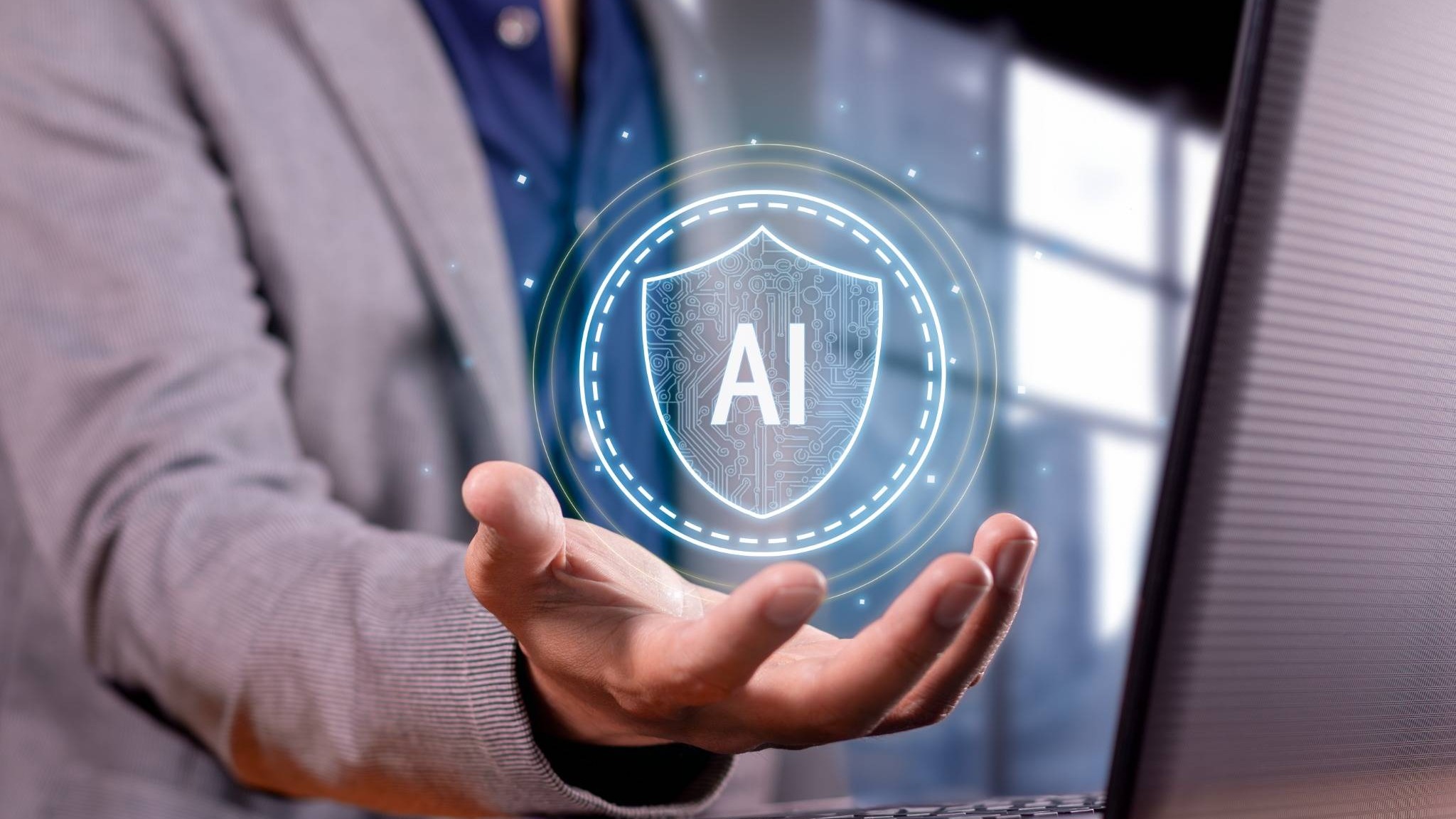
The Transformative Role of AI in Mathematics
The intersection of artificial intelligence and mathematics is evolving rapidly, significantly impacting the future of problem-solving and research methodologies. Leading mathematicians, like Terence Tao, are now investigating AI's role in enhancing mathematical reasoning and workflows. Importantly, these innovations are not intended to replace human mathematicians but rather to act as collaborative partners in creative problem solving. This partnership could radically increase productivity, making mathematical breakthroughs more accessible and rapid.
AI's Milestone: Success in Mathematical Challenges
Recent achievements by AI systems, such as Google DeepMind and OpenAI's models scoring gold medals at prestigious math competitions, represent a significant milestone in academic history. These outcomes challenge traditional perceptions around machine capabilities, showcasing how AI's collaborative approach can outperform individual human efforts. As Tao remarks, AI can 'think as a crowd,' allowing it to simulate multiple solvers and light the path toward discoveries that typically require extensive cognitive labor.
Understanding the Hybrid Model of AI and Mathematics
Today's advancements are driven by the hybridization of AI systems, blending symbolic logic with machine learning to tackle math problems. This approach contrasts starkly with the earlier methods that treated mathematics merely as a language task. By working directly with mathematical symbols and logic, current AI tools propose conjectures, validate steps, and model complex relationships, offering unprecedented support to mathematicians while ensuring that rigorous verification is maintained.
The Institute for Computer-Aided Reasoning in Mathematics
In line with this transformative shift, initiatives such as the Institute for Computer-Aided Reasoning in Mathematics (ICARM) at Carnegie Mellon University are being established to explore and enhance AI's capabilities in mathematical research. This institute seeks to empower researchers to unlock solutions to pressing real-world problems across diverse fields like cybersecurity, healthcare, and finance. By focusing on modernizing mathematical reasoning, it aims to facilitate groundbreaking work in all areas of science and industry.
The Future of Work with AI-Powered Tools
The implications of these developments extend beyond academia and into corporate environments. As AI tools become integral in automating tasks traditionally performed by human mathematicians, HR professionals and corporate trainers must address the necessary evolution of skill sets in the workplace. Upskilling employees to work alongside AI will be essential as companies leverage these technologies for enhanced decision-making processes and innovation in workplaces.
Practical Insights: Navigating AI Integration in the Workplace
For organizations, understanding how to effectively integrate AI into existing workflows is critical. Here are a few actionable insights: 1) Encourage a culture of continuous learning, where employees can familiarize themselves with AI tools relevant to their field. 2) Customize training programs to enhance not only technical skills but also collaborative competencies, preparing teams to work alongside AI systems. 3) Reevaluate job roles and responsibilities to align with the capabilities that AI brings to the table, ensuring that human roles complement AI rather than replicate them.
 Add Row
Add Row  Add
Add 




Write A Comment